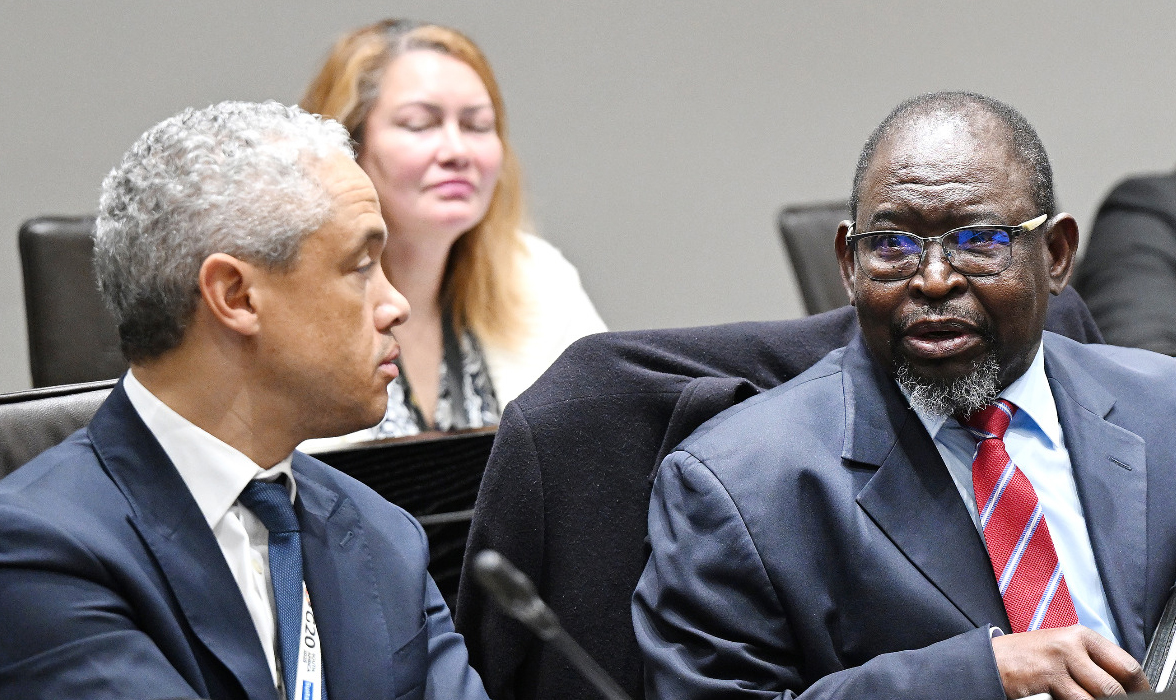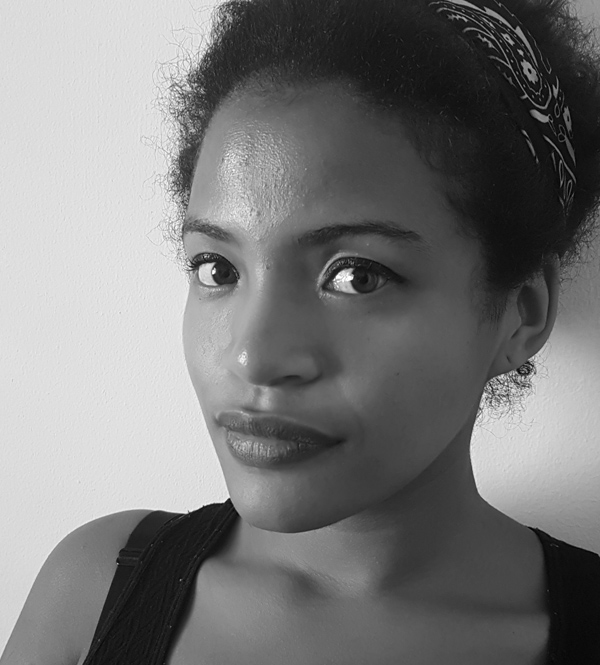When the second iteration of the 2025 Budget came before Parliament’s finance committee in April, the divisions in the Government of National Unity (GNU) were on full display. The Democratic Alliance (DA) refused to support the adoption of the fiscal framework and it only moved through the committees and then the National Assembly thanks to the support of non-GNU parties such as ActionSA.
On Wednesday, 4 June, the GNU’s largest members, the African National Congress (ANC) and DA, finally found each other and the fiscal framework was passed by a vote of seven to three.
The passing of the fiscal framework is a key step in the budgeting process. This framework establishes economic policy and revenue projections and sets the overall limits to government spending. This report must be adopted within 16 days after Finance Minister Enoch Godongwana tables the Budget.
While the DA opposed the fiscal framework in Budget 2.0, Wednesday’s situation was different, with both the ANC and DA supporting the measure against the opposition of the Economic Freedom Fighters (EFF) and uMkhonto Wesizwe (MK) party.
Read more: Budget deadlock — is ActionSA the ANC’s saviour and what does it mean for the GNU?
Wednesday’s meeting was briefly halted to find a bigger venue in Parliament to accommodate all the MPs, journalists and officials, as well as ensure it was recorded, in line with MPs’ requests.
There were several comments and queries by MK party MPs, including axed finance minister Des van Rooyen and former Eskom boss Brian Molefe. At one point, Molefe said the fiscal framework should include the expanded unemployment rate (43.1%) rather than the narrow definition (32.9%), but his suggestion was shot down.
The MK and EFF also criticised the increase in the fuel levy, with Molefe describing it as “regressive” and “not pro-growth”. On Tuesday, the Western Cape Division of the High Court dismissed the EFF’s urgent bid to block the fuel levy increase.
Read more: Mixed news at the pump: fuel levy rises while prices drop
Issues were raised on whether the Budget was that of an austerity budget, denied by the ANC – an answer the MK party and EFF continued to reject.
It was questioned several times during the meeting whether MPs were making points simply to grandstand “because there were cameras”.
This seemed evident when EFF MP Omphile Maotwe raised objections over a section of the report that dealt with “not providing bailouts” to state-owned entities (SOEs), rather than “capitalising SOEs”.
Maotwe said she was at Transnet when she claimed it had been successful under the management of fellow finance committee member Brian Molefe – the former Transnet CEO turned State Capture accused, and now a member of the MK Party on its parliamentary benches.
Next week, the National Assembly will vote on whether to adopt the fiscal framework in a sitting at the Cape Town International Convention Centre. When the fiscal framework is passed, other steps in the budgeting process include the passing of the Division of Revenue Bill and the Appropriation Bill.
During the tabling of the fiscal framework in the National Assembly in April, the ANC appeared jubilant when it was passed without the DA’s support, while the DA had harsh words for the ANC and other parties who supported that version of the Budget. It’s unlikely there will be such acrimony next week. DM
South Africa
SA almost has a Budget — finance committee adopts fiscal framework, despite MK and EFF rejections
After multiple false starts, a key aspect of the 2025 Budget was adopted in Parliament on Wednesday, with the support of the ANC and DA.





